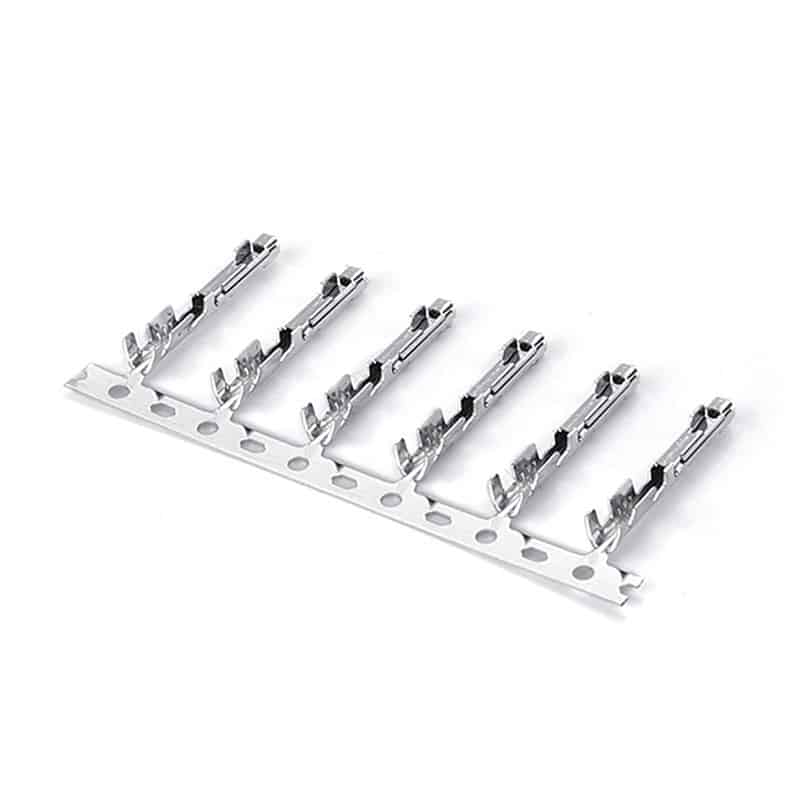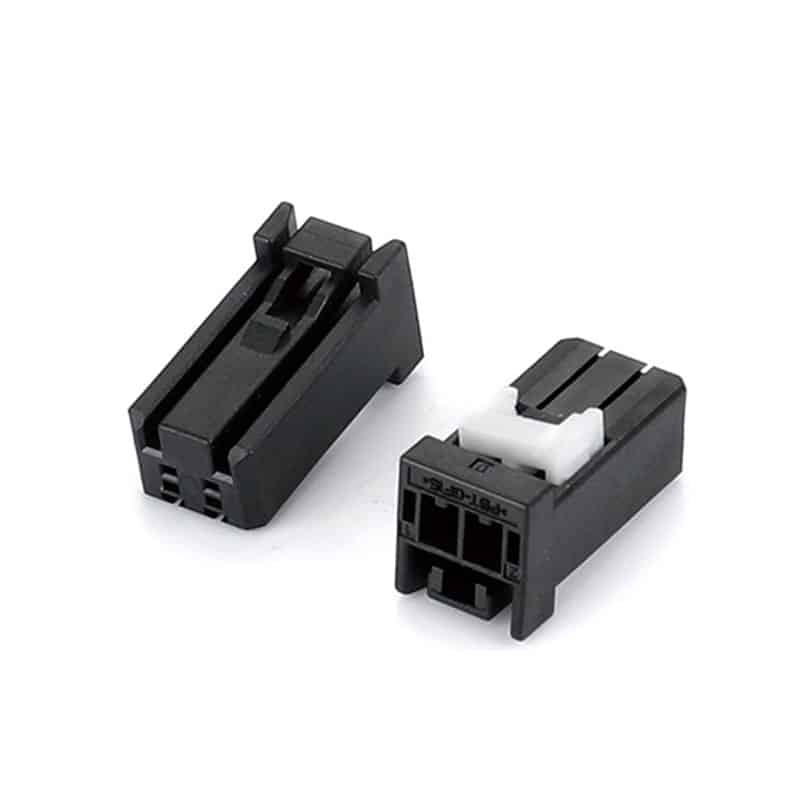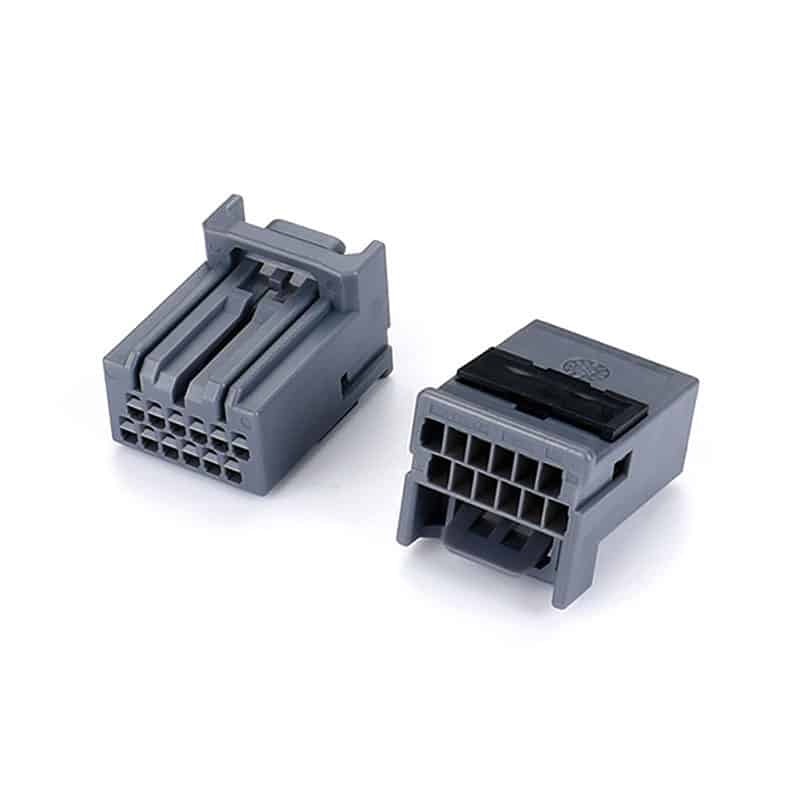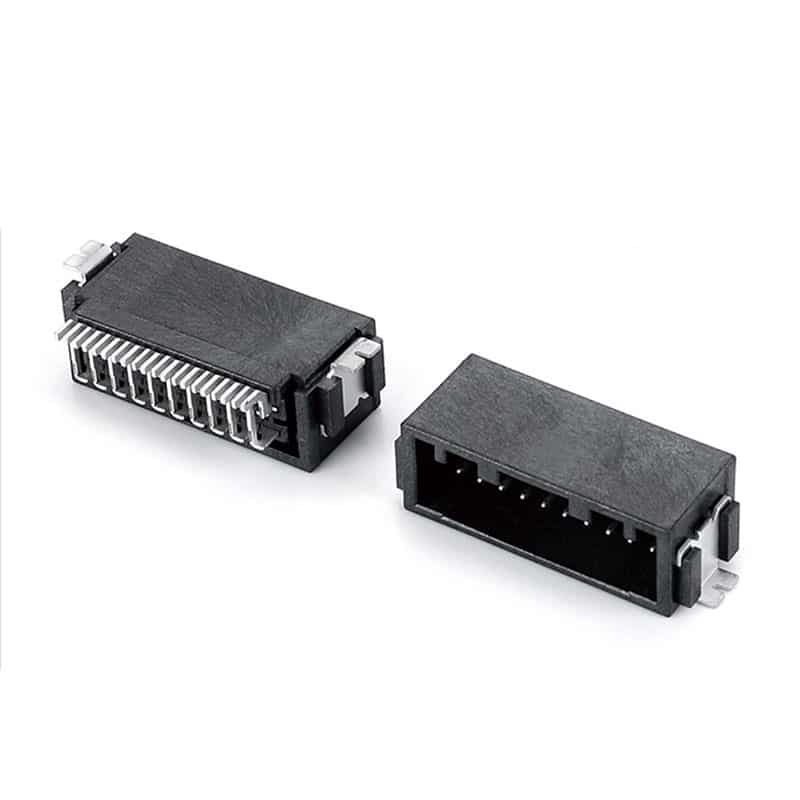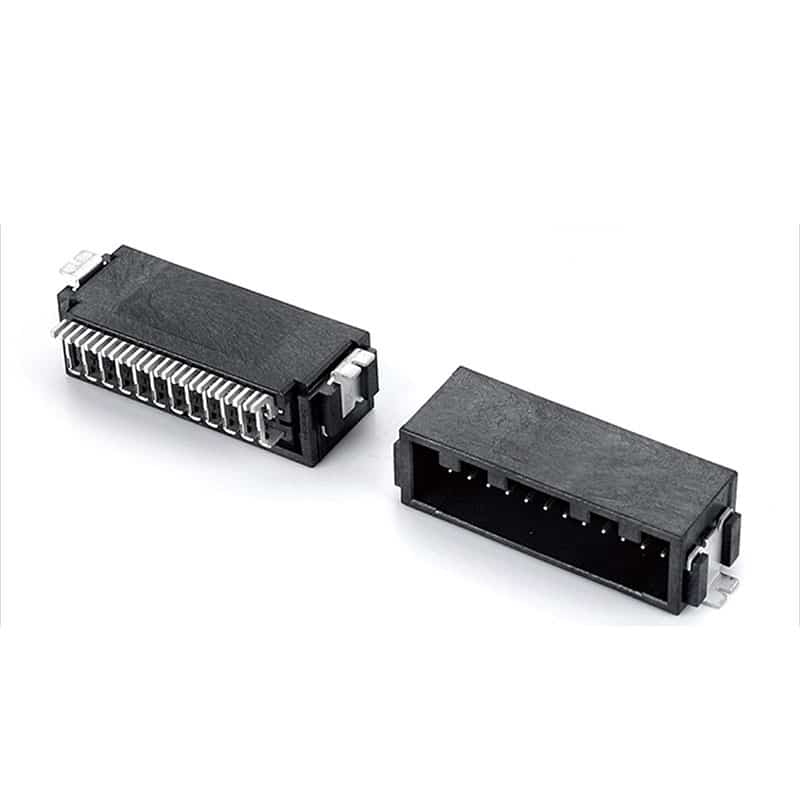The Importance of Automotive electronics in Ensuring Reliable Vehicle Electrical Systems
Automotive electronics are important for reliable vehicle electrical systems.
Automotive electronics play a crucial role in ensuring the reliability of vehicle electrical systems. These advanced technologies are responsible for controlling and managing various components within a vehicle, including the engine, transmission, braking system, and entertainment features. By integrating sophisticated sensors, microcontrollers, and communication networks, automotive electronics enable seamless interaction between different systems, enhancing vehicle performance and safety. Additionally, these electronics facilitate the integration of emerging technologies like advanced driver-assistance systems (ADAS) and electric vehicle (EV) components, contributing to the ongoing progress and advancement of the automotive industry.
How Automotive Electronics Contribute to the Advancements in Electric Vehicles
Automotive electronics play a critical role in the continuous advancements of electric vehicles (EVs). These sophisticated electronic systems enable seamless integration of key components, contributing to the overall efficiency, performance, and safety of EVs. By effectively managing power distribution, automotive electronics optimize battery usage, extend driving range, and enhance the overall driving experience. Additionally, advanced automotive electronics facilitate the implementation of regenerative braking systems, which efficiently convert kinetic energy into electrical energy, further improving energy efficiency. Furthermore, automotive electronics support the integration of advanced driver assistance systems (ADAS), enabling features such as adaptive cruise control, lane-keeping assist, and collision avoidance.
The Components of Automotive Electronics
Wiring Harnesses: Wiring harnesses are essential for connecting various electrical components in a vehicle. They ensure proper connectivity and prevent wire damage.
Connectors: Automotive connectors are used to join different electrical wires and components securely. They come in various types such as terminal connectors, blade connectors, and circular connectors.
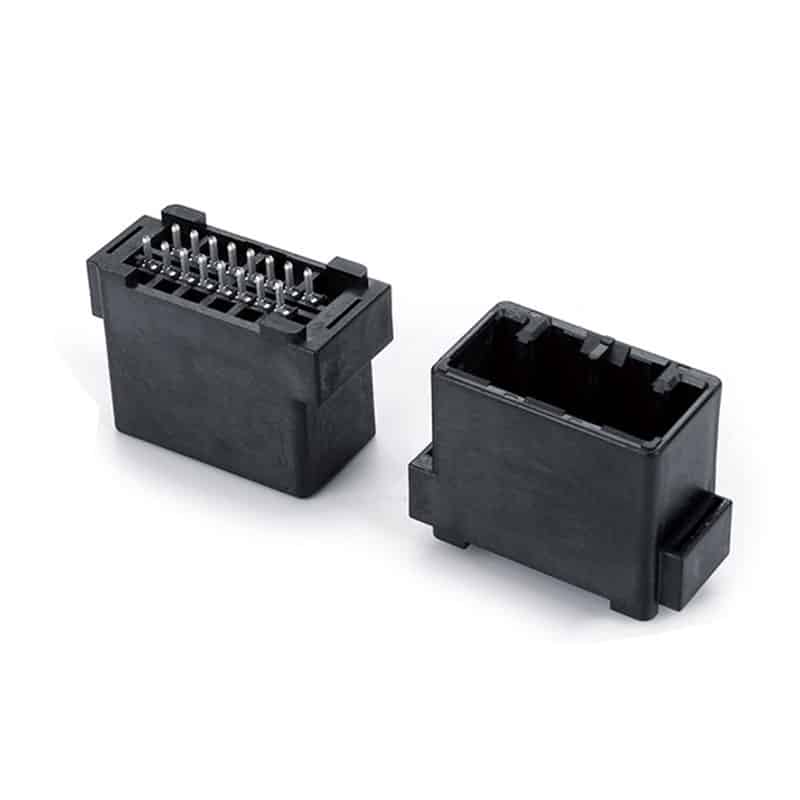
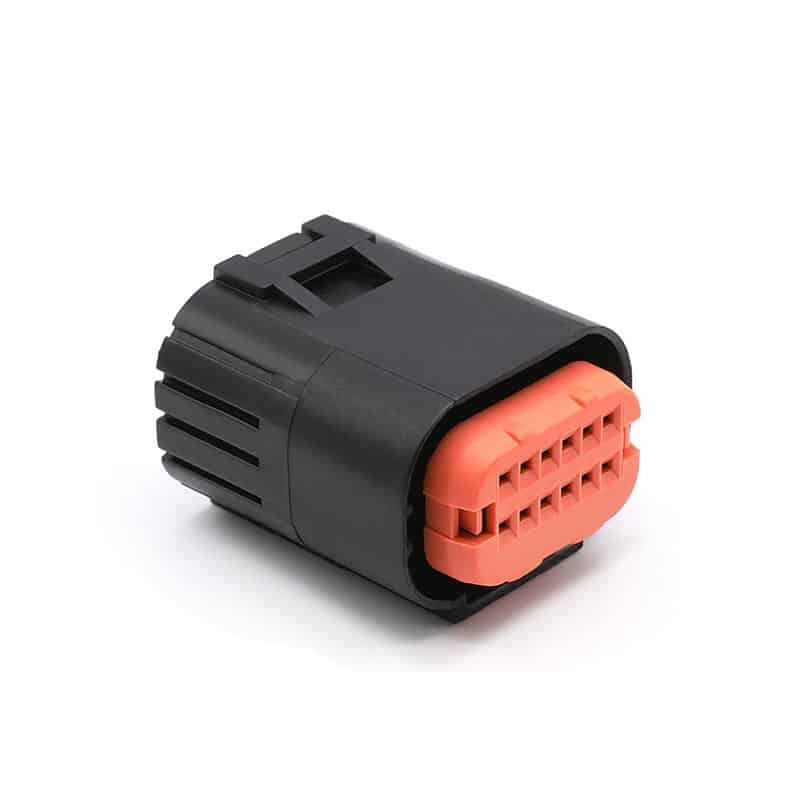
Sensors: Sensors play a crucial role in automotive electronics by detecting and measuring different parameters like temperature, pressure, speed, and distance. Common sensors used in vehicles include oxygen sensors, ABS sensors, and temperature sensors.
Switches: Automotive switches are used to control various functions in a vehicle, such as power windows, lights, wipers, and HVAC systems. Examples of automotive switches include push-button switches, rocker switches, and toggle switches.
Relays: Relays are used to control high-power electrical devices in a vehicle. They act as an intermediary between the low-power signal and the high-power load, allowing the control of devices like headlights, fuel pumps, and fans.
Remember to choose components that are compatible with your vehicle make and model.
How to Chose the Right Automotive Electronics for Your Vehicle?
Consider the following factors when choosing automotive electronics for your vehicle:
Compatibility: Ensure that the electronics you choose are compatible with your vehicle’s make, model, and year.
Functionality: Identify the specific features and functions you need, such as navigation systems, entertainment systems, backup cameras, or diagnostic tools.
Quality and Reliability: Opt for electronics from reputable brands known for their quality and reliability to ensure longevity and performance.
User-Friendliness: Look for electronics that are intuitive and easy to use, with clear instructions and user-friendly interfaces.
Budget: Determine your budget and find electronics that fit within your price range while still meeting your requirements.
Installation: Consider whether you prefer electronics that can be easily installed yourself or if professional installation is necessary.
Reviews and Recommendations: Read customer reviews and seek recommendations from trusted sources to get insights into the performance and durability of different automotive electronics.
Remember that choosing the right automotive electronics involves considering your specific needs, compatibility, quality, functionality, budget, and user experiences.
The Future of Automotive Electronics
The future of automotive electronics is poised for significant advancements in various areas such as autonomous driving, electric vehicles, connectivity, and user experience. These advancements will revolutionize the automotive industry by enhancing safety, efficiency, and overall driving experience.
The future of automotive electronics is expected to be shaped by advancements in technology, such as increased connectivity, electrification, and autonomous driving. These advancements will drive the demand for connectors that can handle higher data transfer rates, support power delivery for electric vehicles, and ensure reliable communication between various vehicle systems. Additionally, with the rise of electric vehicles, there will be a greater need for connectors that can handle higher voltages and currents. Overall, the future of automotive connectors looks promising, with a focus on improved performance, durability, and efficiency to meet the evolving demands of the automotive industry.
Advancements in technology, such as increased connectivity, electrification, and autonomous driving, are expected to shape the future of automotive connectors. These advancements will drive the demand for connectors that can handle higher data transfer rates, support power delivery for electric vehicles, and ensure reliable communication between various vehicle systems. With the rise of electric vehicles, there will be a greater need for connectors that can handle higher voltages and currents. The future of automotive connectors looks promising, with a focus on improved performance, durability, and efficiency to meet the evolving demands of the automotive industry.
The future of automotive electronics is promising, driven by advancements in technology such as increased connectivity, electrification, and autonomous driving. These advancements will require connectors that can handle higher data transfer rates, support power delivery for electric vehicles, and ensure reliable communication between vehicle systems. With the rise of electric vehicles, there will be a greater demand for connectors capable of handling higher voltages and currents. The automotive industry will continue to prioritize improved performance, durability, and efficiency in automotive connectors to meet its evolving demands.

